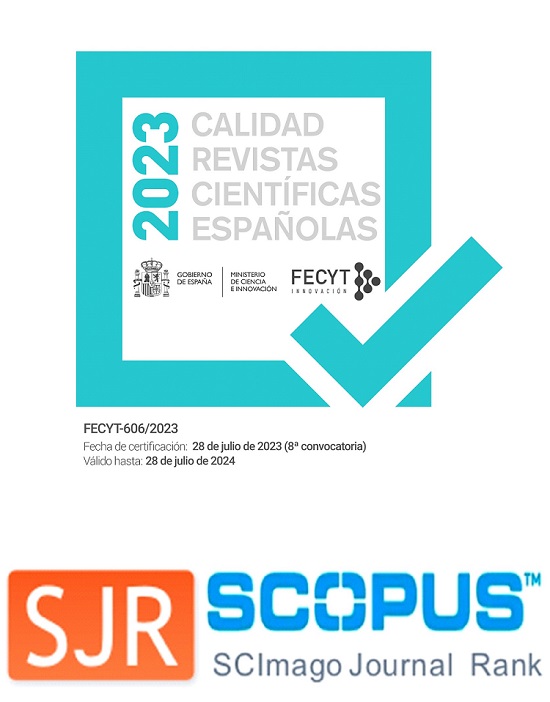Why Generalize Contract Law? The Russian Perspective on the Benefits of the Western European Legal Style during the Long 19th Century
Keywords:
Russian contract law; scientification; generalizing legal style; positive law; customary lawAbstract
Generalized contract law is believed to be a distinctive feature of civil law elaborated by modern legal scholars on the Continent. Sharia and common law lawyers were unwilling to transit from casuistry to generalities without the influence of the Continental authors. Is this also true for Eastern Europe with its specific legal tradition? The article examines the role of legal science in modernizing Russian contract law through generalization of its casuistic provisions in a framework of a general theory of contract during the long 19th century. On the basis of a variety of academic publications of that period, revisited with the methods of comparative legal history, the author reviews the initial and the advanced phases of this transformation, reveals its sources in German and French legal scholarship, analyses multiple arguments in favor of such a generalization grouped together around the scientific, the didactic and the practical goals, and uncovers the implicit meaning of each of these goals with the help of deeper analysis against the cultural background, in contrast to German and French jurisprudence of the same period.
Downloads
Downloads
Published
How to Cite
Issue
Section
License
Creative Commons Reconocimiento-NoComercial-SinObraDerivada 4.0 España (CC BY-NC-ND 4.0 ES)



